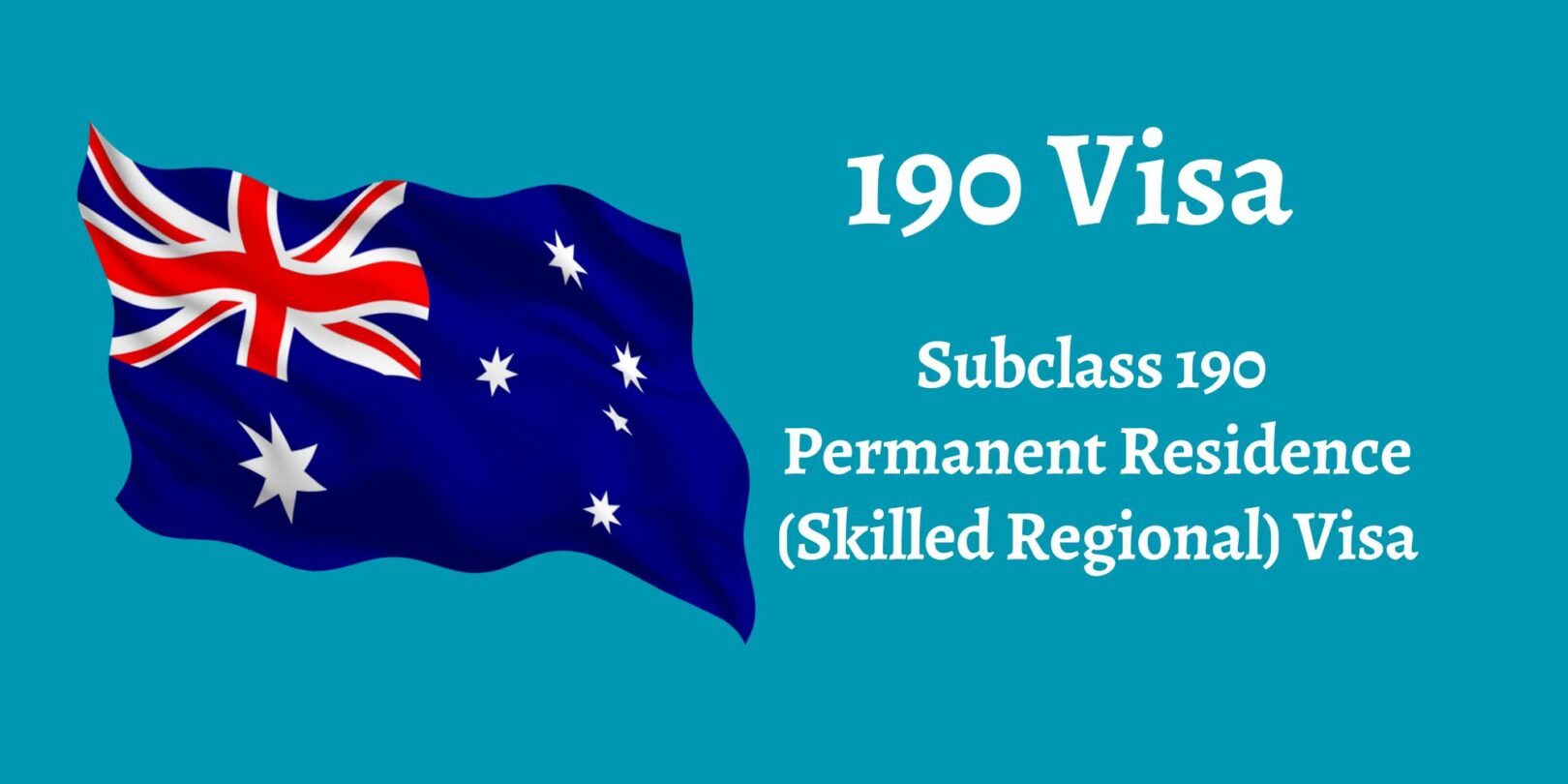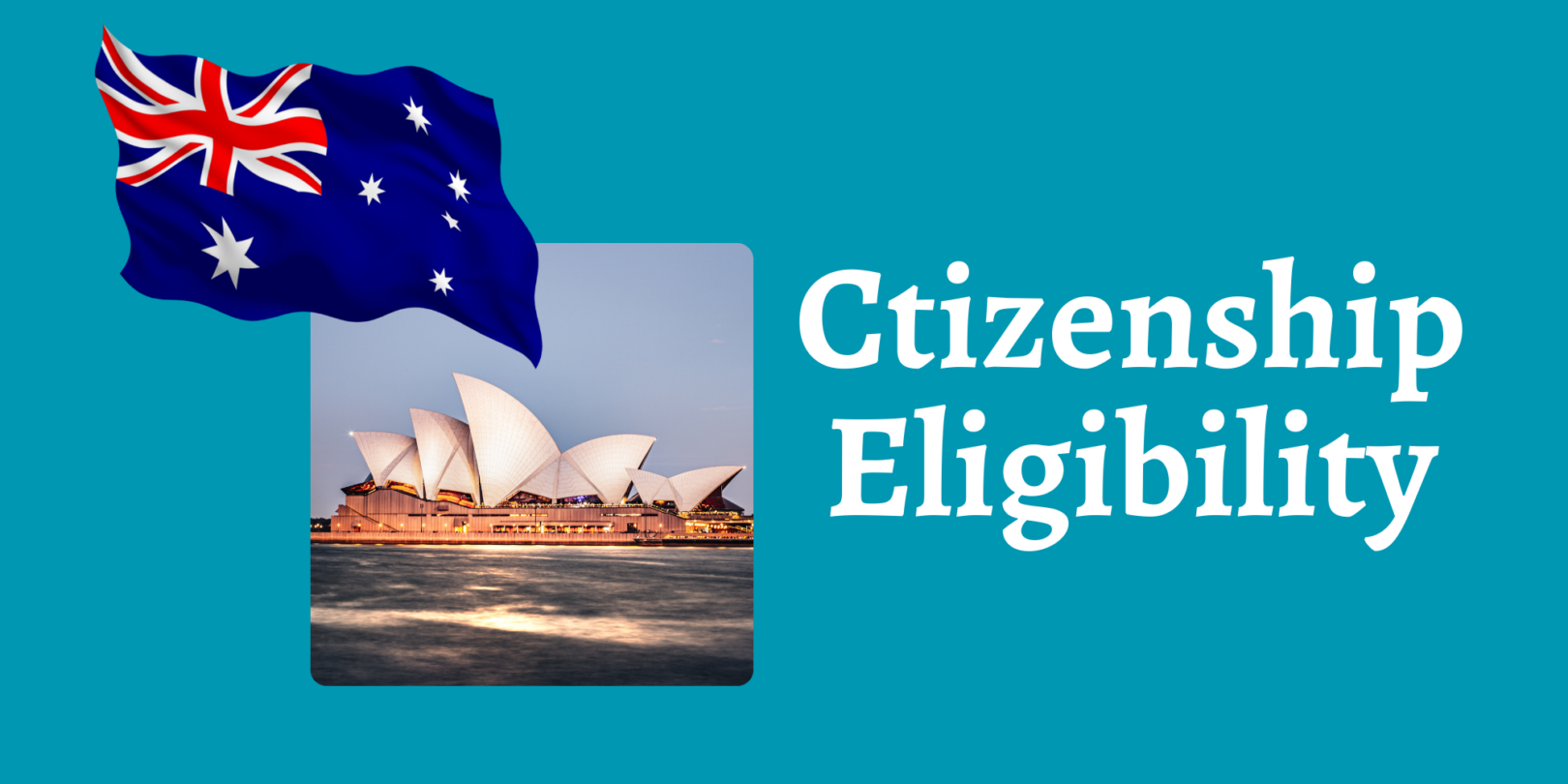You can apply for citizenship after obtaining your subclass 190 visa once you`ve met all the requirements and must have been living in Australia for at least four years on a valid visa, with at least one year as a permanent resident. You’ll also need to pass a citizenship test if you’re under 60 years old.
You now know when you can apply for citizenship, but your path to Australian citizenship begins with understanding the requirements and timelines involved. We’ll guide you through the process, explaining how long you need to wait after getting your permanent resident status, what conditions you must meet, and how to apply for Australian citizenship. Let’s dive in.
Understanding the 190 Skilled Nominated Visa
The Skilled Nominated visa (subclass 190) is a permanent visa that allows skilled workers to live and work in Australia indefinitely. This visa has an influence on your journey to Australian citizenship after obtaining permanent residency. To help you grasp the key aspects of this visa, let’s break it down into its main features, eligibility criteria, and application process.

Key features
The subclass 190 visa offers several benefits that make it an attractive option for skilled migrants. As a permanent visa, it allows you to stay in Australia indefinitely. You’ll have the freedom to live and work anywhere in the country, access Medicare (Australia’s public healthcare system), and sponsor eligible family members for permanent residency. Additionally, the visa includes a travel component that remains valid for five years from the grant date, enabling you to travel in and out of Australia as needed.
Eligibility criteria
To be eligible for the Skilled Nominated visa (subclass 190), you need to meet specific requirements:
- Age: You must be under 45 years old when invited to apply.
- Skills assessment: You need a valid skills assessment in an occupation on the eligible skilled occupation list.
- English proficiency: At least competent English is required.
- Points test: You must score a minimum of 65 points on the Australian Government’s points test.
- Nomination: You need to be nominated by an Australian state or territory government agency.
- Health and character: You and your family members must meet health and character requirements.
Application process
The application process for the subclass 190 visa involves several steps:
- Submit an Expression of Interest (EOI) through SkillSelect, indicating your interest in applying for the 190 visa.
- Wait for an invitation to apply from the Department of Home Affairs.
- If invited, you’ll have 60 days to submit your visa application.
- Provide all necessary documents, including your skills assessment, English test results, and evidence of state nomination.
- Wait for the Department of Home Affairs to process your application and make a decision.
You can apply for this visa either from within Australia or offshore. However, you cannot be in immigration clearance when you apply or when a decision is made on your application.
Permanent Residency and the Path to Citizenship
When you obtain a Skilled Nominated visa (subclass 190), you become an Australian permanent resident. This status opens up a world of opportunities and benefits, setting you on the path to potential citizenship. Let’s explore what it means to be a permanent resident and how it differs from being a citizen.
Rights and benefits of permanent residents
As a permanent resident in Australia, you’ll enjoy numerous advantages. You’ll have the freedom to work for any employer in any occupation, except for certain positions in the armed forces and public services. You’ll also have access to Australia’s Medicare scheme, which provides free public hospital care and subsidised medical services.
Education is another area where permanent residents benefit. You’ll have free access to government schooling for your children, and you can take advantage of the Higher Education Loans Program (HELP) for university studies. This means you can pursue higher education now and pay the fees later.
Financial assistance is available to permanent residents through Centrelink, which offers social welfare support for various situations such as sickness or unemployment. You may also be eligible for the First Home Owners Grant (FHOG) when purchasing your first property.
One of the most significant benefits is the ability to sponsor eligible family members for permanent residence. This allows you to bring your loved ones to Australia to share in your new life.
Differences between permanent residency and citizenship
While permanent residency offers many benefits, there are some key differences between being a permanent resident and an Australian citizen. As a permanent resident, you can live and work in Australia indefinitely, but you don’t have an automatic right of entry to the country. You’ll need to ensure your travel facility remains valid if you plan to leave and return to Australia.
Unlike citizens, permanent residents generally cannot vote in Australian government elections (unless enrolled as a British subject before 26 January 1984). You also won’t be able to obtain an Australian passport or join the Australian Defence Force.
Citizenship brings additional privileges, such as the right to vote, run for election, and access certain government jobs. Citizens can also travel overseas indefinitely without losing their status, whereas permanent residents typically have a five-year travel facility that needs renewal.
You can apply for citizenship after obtaining your subclass 190 visa once you`ve met all the requirements and must have been living in Australia for at least four years, with at least one year as a permanent resident. You’ll also need to pass a citizenship test if you’re under 60 years old.

Citizenship Eligibility Requirements After 190 Visa
After obtaining your Skilled Nominated visa (subclass 190), you might be wondering when you can apply for Australian citizenship. The path to citizenship involves meeting specific requirements set by the Department of Home Affairs. Let’s break down these criteria to help you understand when you can take this important step.
Residency requirements
To be eligible for citizenship, you need to meet certain residency conditions. Generally, you must have:
- Lived in Australia on a valid visa for 4 years immediately before applying
- Been a permanent resident for at least 12 months before your application
- Not been absent from Australia for more than 12 months in the past 4 years
- Spent no more than 90 days outside Australia in the 12 months before applying
It’s crucial to know when your permanent residency started. For most people, this is the date you were granted the permanent visa while in Australia or when you first entered Australia on a permanent visa.
Character and language requirements
Good character is a key factor in your citizenship application. The Department of Home Affairs will assess your moral qualities and behavior to ensure you’re likely to uphold Australian laws and values. This assessment may include:
- Checking your criminal record
- Reviewing your overall conduct
- Considering any associations with individuals involved in criminal activities
You’ll also need to demonstrate a basic level of English proficiency. This requirement helps ensure you can fully participate in Australian society. Your ability to speak, read, write, and understand English will be evaluated during the application process.
Citizenship test
If you’re between 18 and 60 years old, you’ll need to pass the Australian citizenship test. This exam assesses your knowledge of:
- Australian values
- History and heritage
- National symbols
- Government and law
The test consists of multiple-choice questions, and you’ll need to score at least 75% to pass. It’s designed to ensure you understand your rights and responsibilities as a future Australian citizen.
The journey from your 190 visa to citizenship is a significant step. By meeting these requirements, you’ll be well on your way to becoming an Australian citizen and enjoying the full benefits and responsibilities that come with it.
The Citizenship Application Process
After obtaining your Skilled Nominated visa (subclass 190) and meeting the eligibility requirements, you can begin the process of applying for Australian citizenship. This journey involves several steps, from gathering documents to attending a citizenship ceremony.
Required documents
To apply for citizenship after your 190 visa approval, you’ll need to provide various documents that prove your identity and eligibility. These include:
- Your birth certificate or other documents confirming your birth name, date of birth, and gender
- A current passport-sized photograph
- Evidence of any name changes
- Proof of your current residential address
- Documents showing your first entry to Australia, such as your passport or travel document
- Police certificates from countries where you’ve lived for more than 90 days since turning 18
- Evidence of your permanent residency status
Make sure to have original documents or certified copies, depending on whether you’re applying online or on paper.
Application fees
As of July 2024, the standard fee for Australian citizenship by conferral (general eligibility) is AUD 862.14. However, there are concessions and exemptions available:
- Concession fee: AUD 123.16 (for eligible pensioners)
- Children under 16 applying on the same form as a parent: No fee
- Fee exemptions for certain categories, such as British or Maltese former child migrants
It’s important to note that fees are subject to change and may be indexed annually.
Citizenship ceremony
The final step in becoming an Australian citizen is attending a citizenship ceremony. This important event is usually organized by your local council. During the ceremony, you’ll make the Australian Citizenship Pledge, officially welcoming you as a new citizen.
Key points about the citizenship ceremony:
- Generally held within 6 months of application approval
- You must attend within 12 months of approval
- Bring a photo identity document for registration
- The ceremony includes speeches and the recitation of the pledge
- You’ll receive your citizenship certificate at the end
Becoming an Australian citizen is a significant milestone that brings both privileges and responsibilities. It’s the final step in your journey from a Skilled Nominated visa (subclass 190) holder to a full-fledged member of the Australian community.

